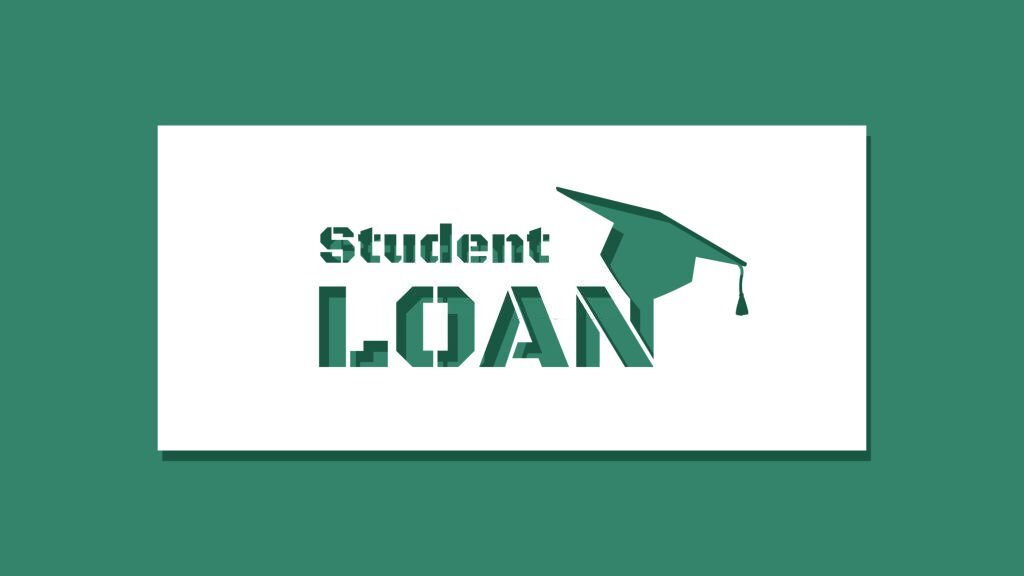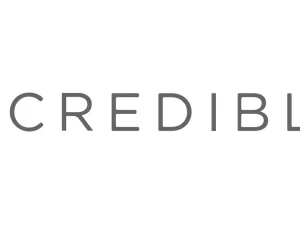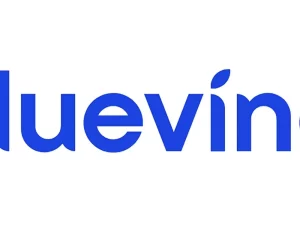Choosing the best student loans for college is a critical decision that requires thorough research and careful evaluation of various factors. By delving deeper into each aspect, prospective borrowers can make an informed choice that aligns with their financial needs and long-term goals. Here is a comprehensive breakdown of the key factors to be considered while choosing the best student loan options.
1. Interest Rates:
Interest rates play a significant role in determining the total cost of borrowing. Federal student loans typically offer fixed interest rates, which remain the same throughout the life of the loan. This stability allows borrowers to plan their finances more effectively. In contrast, private student loans may come with fixed or variable interest rates. Fixed rates provide certainty and protection against future rate increases, while variable rates fluctuate with market conditions. It is crucial to compare interest rates from multiple lenders and choose the option with the lowest rate to minimize long-term costs.
2. Repayment Terms and Flexibility:
Understanding the repayment terms offered by different lenders is essential. Federal student loans generally provide flexible repayment plans, including income-driven repayment options. These plans adjust monthly payments based on the borrower’s income and family size, making them more manageable for individuals with lower incomes. Private lenders may also offer various repayment options, such as immediate repayment, interest-only payments while in school, or deferred payments until after graduation. Consider the grace period, repayment term length, and any penalties for early repayment to ensure the chosen loan aligns with your financial circumstances and preferences.
3. Loan Fees:
Loan fees can add to the overall cost of borrowing. Federal student loans have standardized fees, such as origination fees, which are a percentage of the loan amount. Private lenders may have different fee structures, including application fees or origination fees. It is crucial to factor in these fees when comparing loan options to understand the true cost of borrowing.
4. Loan Limits:
Loan limits determine the maximum amount you can borrow. Federal student loans have annual and aggregate loan limits based on factors such as dependency status and grade level. These limits are designed to ensure responsible borrowing and prevent excessive debt. Private student loans may have higher borrowing limits, allowing students to bridge the gap between the cost of education and other financial aid received. However, it is essential to exercise caution and borrow only what is necessary to avoid burdening yourself with unnecessary debt.
5. Repayment Assistance and Forgiveness Programs:
Investigate the availability of loan repayment assistance programs and forgiveness options. Federal student loans offer various forgiveness programs, such as Public Service Loan Forgiveness (PSLF), which forgives remaining loan balances for borrowers working in qualifying public service jobs. Income-driven repayment plans also provide loan forgiveness after a certain period. Private lenders may offer their own borrower benefits, such as interest rate reductions for on-time payments or loan forgiveness in specific cases. Research the options available and determine whether they align with your career aspirations and financial goals.
6. Customer Service and Support:
The quality of customer service and support provided by the lender can significantly impact your experience throughout the repayment process. Look for lenders that offer responsive customer service and provide resources to assist borrowers. Accessible online account management tools, repayment calculators, and clear communication channels can make managing your loan more convenient. Reading reviews and testimonials from current and past borrowers can provide insights into the lender’s reputation and customer satisfaction.
7. Co-Signer Requirements:
If you have limited or no credit history, you may need a co-signer to qualify for private student loans. A co-signer is typically someone with a good credit history who agrees to share the responsibility of repayment. Before choosing a lender, evaluate the co-signer release options offered. Some lenders allow you to remove the co-signer from the loan after meeting specific conditions, such as making a certain number of on-time payments or demonstrating creditworthiness. Co-signer release can provide borrowers and their co-signers with financial flexibility and independence.
8. Reputation and Reviews:
Researching the reputation of the lender is essential to ensure you are working with a reputable institution. Reading reviews and testimonials from current and past borrowers can provide valuable insights into the lender’s practices, customer service, and overall borrower experience. Look for lenders with a history of positive customer experiences, transparent practices, and a strong track record in the student loan industry.
9. Additional Benefits:
Some lenders offer additional benefits or perks that can enhance the overall borrowing experience. These benefits may include interest rate reductions for enrolling in autopay, rewards for good academic performance, or discounts for loyalty. While these perks should not be the sole basis for choosing a lender, they can provide additional cost savings and incentives over the life of the loan. For example, some lenders offer interest rate reductions for enrolling in automatic payments. This benefit can save you money over time and make repayment more convenient. Other lenders may offer rewards for good academic performance or loyalty programs that provide discounts or other incentives.
10. Future Loan Servicing:
Consider the loan servicing aspect when choosing a student loan. Loan servicers are responsible for collecting payments, managing accounts, and providing customer service throughout the repayment period. Federal student loans are serviced by various loan servicers assigned by the U.S. Department of Education. Private lenders may have in-house servicing or work with third-party servicers. It is essential to research the reputation and track record of the loan servicer to ensure smooth loan management and timely access to necessary support. Look for loan servicers that are known for their efficiency, responsiveness, and accessibility. Consider whether they provide convenient online account management tools, clear communication channels, and helpful resources for borrowers. Loan servicers play a significant role in your loan experience, so choosing a reputable and reliable servicer can make a difference in your repayment journey.
By thoroughly evaluating these factors and conducting comprehensive research, you can make an informed decision when selecting the best student loan for your college education. Remember to borrow responsibly, considering your long-term financial well-being, and only take on the amount of debt necessary to fund your education. Planning and researching diligently can help you find the loan that best suits your needs and enables you to achieve your educational goals without unnecessary financial burdens.










